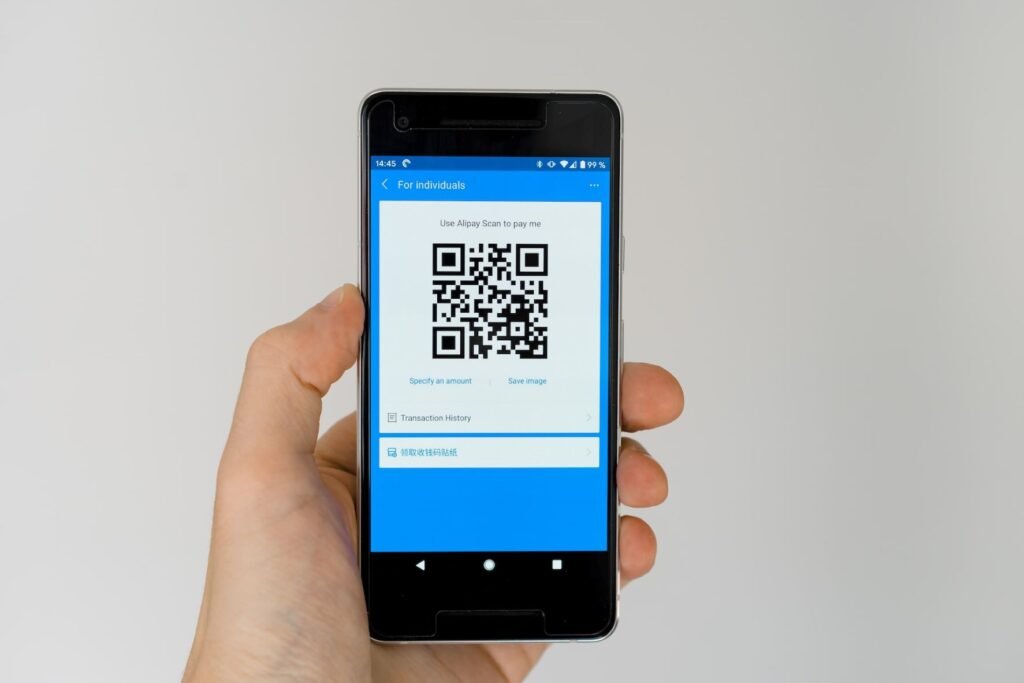
It’s no secret that the world is becoming more digital. While this can pose a whole new set of problems in terms of job losses and cybersecurity issues, the benefits of the digital revolution outweigh the downsides. When it comes to banking, we are all quite familiar with some of the pitfalls of the traditional system. While there is rarely a need for many to visit a physical bank branch domestically, things can still be quite cumbersome when you need to operate across borders, make international payments, or exchange currencies. A solution to these issues can be found in the form of a new generation of digital banks.
Digital banks are institutions that operate 100% online, offering customers many benefits that allow them to have more control over their finances, and have begun tempting millions of people away from their traditional bank accounts. However, with so many providers around, making the decision of who to bank with can feel overwhelming at times. Here is a list of important facts worth considering when choosing a digital service.
Do You Still Require Physical Banking Services?
These days, you’ll find you can open a bank account at many institutions without even leaving the house. However, there are still some people who prefer to have the option of accessing physical services such as ATMs. Before opening a digital account, try and weigh the practicalities of running your daily life without these options. You’ll probably find that in most cases, most transactions can be done digitally, and you might just need to adapt.
The Costs Involved
One of the major benefits of digital banks is that they tend to be more cost-effective. Analyze the various options offered by each digital bank before making a commitment, and consider which services you’ll actually be making use of. For example, some banks charge for transfers and certificate downloads, while others offer more cost-effective options while limiting your number of transactions.
The Available Payment Options
It’s never a bad idea to have cash on hand for an emergency or unexpected circumstance, like making a spontaneous purchase from a street vendor while on holiday. This is why you need to make sure your digital bank offers you a range of payment options. Not every service provider will necessarily take a card, so you need to ensure you can use PSE or pay using QR codes.
Unrestricted Notifications
Any good digital bank should guarantee that you receive notifications of all transactions made on your account. These are much more than just a text message or an email telling you about withdrawals or purchases on your account, and the notifications are also handy for knowing if scheduled payments were made on time. Unrestricted notifications are also an important security feature, as they alert you to any suspicious activity on your account.
Digital banking allows users to have better control of their transactions, but learning to use these tools may not always be easy, especially for older generations that aren’t familiar with new technology. Furthermore, the rise of cybersecurity threats is a concern, but any reputable digital bank will have the necessary protocols in place to protect their clients from unscrupulous people. The tips discussed here provide a guide to help you start thinking about digital banking options. For further information, check out topmobilebanks.com for more details on the offerings available at each financial institution.
